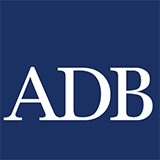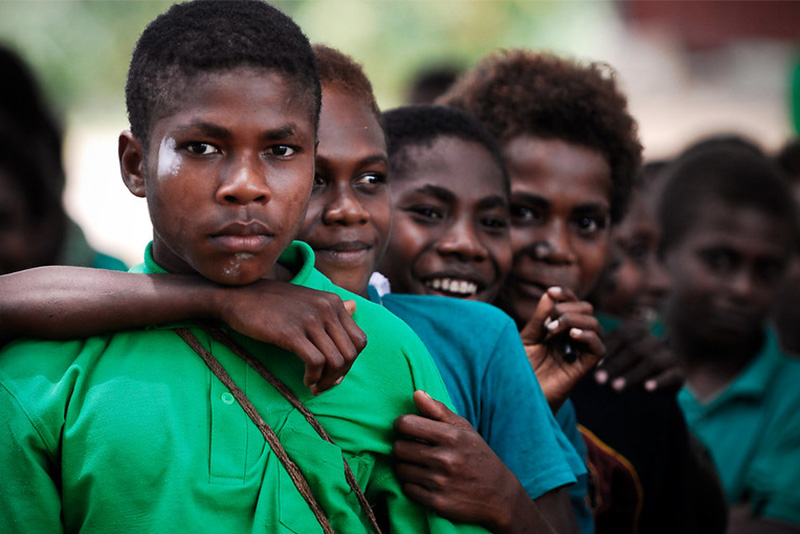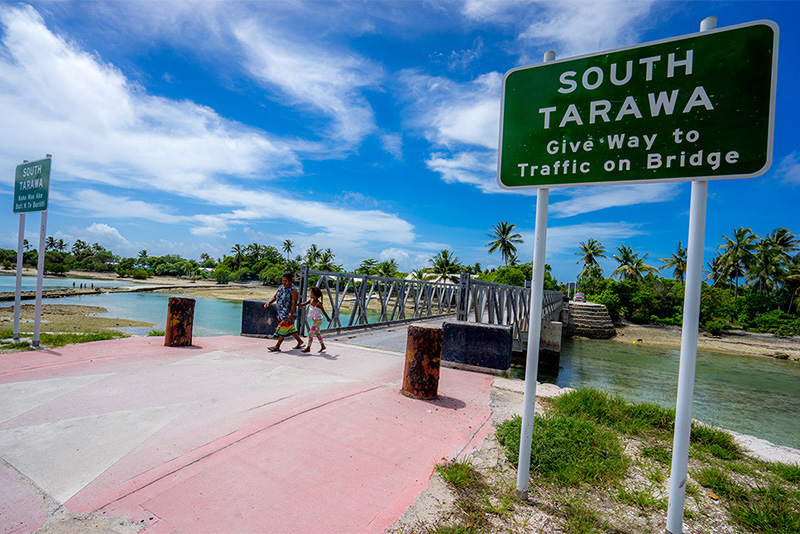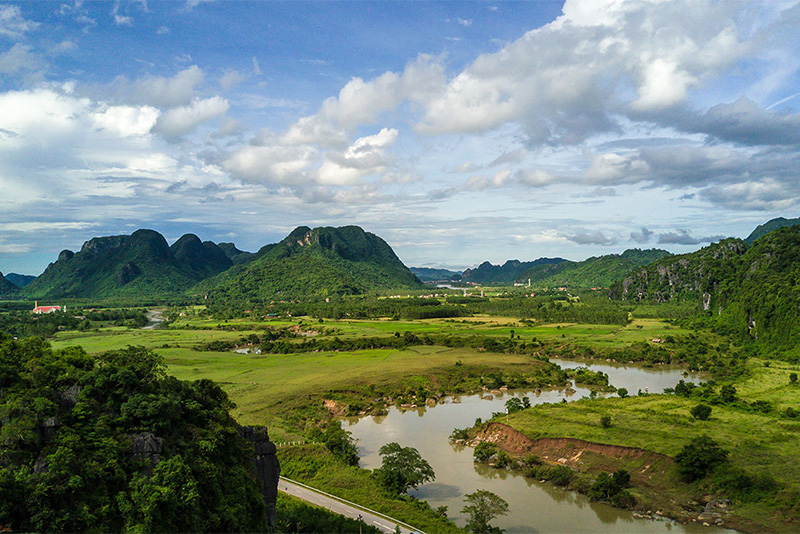Australia plays a significant role in the economic stability and growth of the Indo-Pacific region and provides substantial aid to the Pacific island countries. The Department of Foreign Affairs and Trade channels funds for the development work in infrastructure; trade facilitation and international competitiveness; agriculture, fisheries, and water; governance (policies, institutions, and functioning economies); education; health; building resilience (humanitarian assistance, disaster risk reduction, and social protection); climate change; and gender equality and empowering women and girls. The Australian Infrastructure Financing Facility for the Pacific enables quality infrastructure across the Pacific and Timor-Leste by partnering with governments and the private sector to provide financing for transformational energy, water, transport, telecommunications, and other infrastructure.
Sovereign cofinancing. In 2022, Australia provided $167.4 million in sovereign project-specific cofinancing. It includes support for (i) technical and vocational education and training in Papua New Guinea through a $10.7 million grant; (ii) the Sustainable Infrastructure Assistance Program Phase II in Indonesia through a $2.8 million additional technical assistance (TA) for the Innovative Infrastructure Financing, Infrastructure Planning, and Program Management Support Subproject and a $1 million additional TA for the Supporting Sustainable and Universal Electricity Access Phase 2 Subproject; and (iii) restoring fiscal sustainability and inclusive climate-resilient economic growth in Fiji through a $60.1 million grant. This latter grant is also the highest grant cofinancing for the year. Australia’s grant cofinancing for investment projects and TA increased sixfold from $17.9 million in 2021 to $109.6 million in 2022, driven by their dedication to helping the Pacific’s COVID-19 recovery.
Nonsovereign cofinancing. The Trade and Supply Chain Finance Program (TSCFP) supported over 1,610 transactions valued at $1.9 billion with banks domiciled in Australia from inception to December 2022. During the same period, the TSCFP supported over 1,040 Australian exports and/or imports valued at $1.3 billion. In 2022 alone, the TSCFP supported 37 transactions valued at $40.5 million with banks domiciled in Australia and supported 160 Australian exports and/or imports valued at $246 million. Exports and/or imports were mainly to/from Viet Nam, Bangladesh, and Pakistan. Underlying goods involved mostly food and agriculture-related goods, raw and non-energy commodities, as well as oil, gas, and energy-related commodities.
Australia has also been extremely supportive of ADB’s TSCFP and provided $6.3 million (A$8.5 million) to fund TSCFP expansion to the Pacific as well as other initiatives.
Special funds. Australia contributes to ADB special funds where contributions from financing partners are administered with the same level of care as ADB’s own resources. Since becoming a member in 1966, Australia has committed a total of $3.1 billion to special funds, of which $2.9 billion went to the Asian Development Fund (ADF). The ADF provides grants to ADB’s low-income developing member countries to promote poverty reduction and improvements in the quality of life.
Knowledge. Australia and ADB also work together through knowledge activities. Australia funded a course through the Australian Water Partnership, which aims to build the capacity of ADB project teams and developing member country counterpart staff in the knowledge and use of digital technologies to improve water management and inclusive participation in decision-making.
Active Trust Funds
Trust funds with ongoing projects or no active projects but with remaining funds are considered active
- ASEAN Australia Smart Cities Trust Fund
- Asia Pacific Project Preparation Facility
- Australian Climate Finance Partnership
- Carbon Capture and Storage Fund
- Clean Energy Fund
- Cooperation Fund for Regional Trade and Financial Security Initiative
- Gender and Development Coordination Fund
- Regional Malaria and Other Communicable Disease Threats Trust Fund
- Water Financing Partnership Facility (Multi-Donor Trust Fund)
News
The project, financed by ADB and the governments of Australia and Papua New Guinea, will strengthen the country’s technical and vocational education and training program and help prepare students to be more competitive and responsive to employment and industry demands.
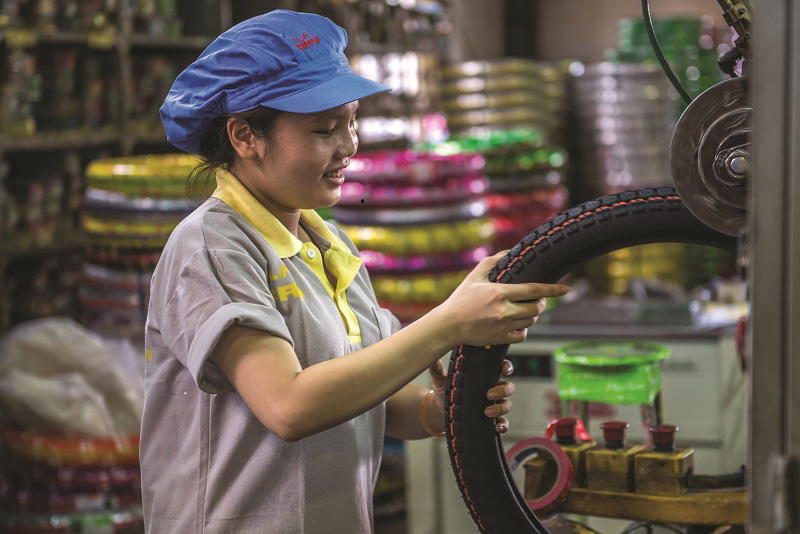
ADB, VPB Sign $500 Million Social Loan Package to Expand Access to Finance for Women-Owned SMEs in Viet Nam
ADB and Vietnam Prosperity Joint Stock Commercial Bank signed a loan package of up to $500 million to expand access to finance for women-owned SMEs and social loan projects in Viet Nam.
- ADB, Solomon Islands Sign $10 Million Loan and Grant to Boost COVID-19 Recovery 13 Dec 2022
- ADB Approves $250 Million Loan to Boost the Performance of PNG’s SOEs 5 Dec 2022
- ADB Leads $135 Million Climate Financing Package to Support Electric Mobility in Viet Nam 22 Oct 2022
- ADB Approves $150 Million to Support COVID-19 Recovery and Climate Resilience in Fiji 24 Jun 2022
- ADB, Australia, PNG Partner to Boost Access to Clean, Reliable, and Affordable Power 24 Jun 2022
- $150 Million ADB Loan to Support Green Recovery, Catalyze Financing Toward SDGs in Indonesia 16 Feb 2022

